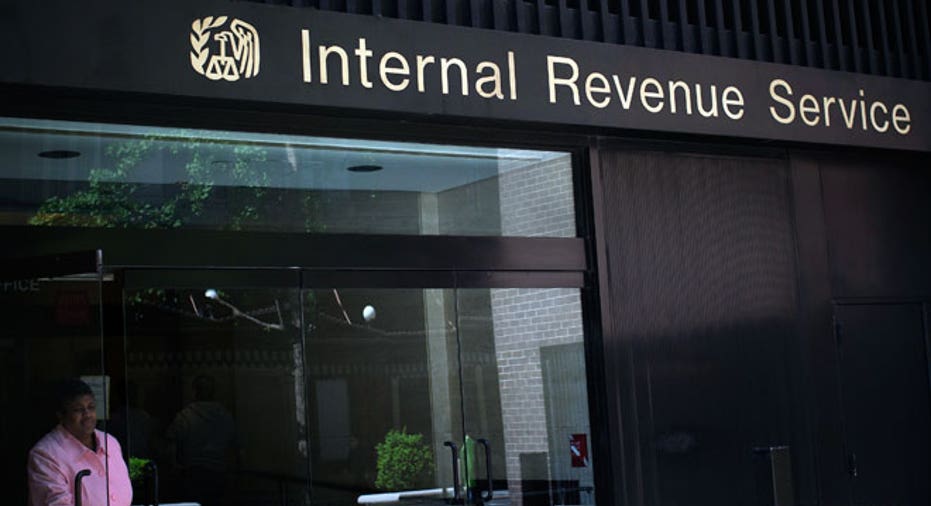Hello? This is the IRS…Not

A new tax scam has been making the rounds and is instilling fear in many taxpayers. The scammers call pretending to be from the IRS and threaten police arrest, license revocation, or in the case of immigrants, deportation for failure to pay a tax bill. The scammers then agree to take credit or debit card information over the phone or request payment through a pre-paid debit card or wire transfer to “solve” the money issue.
Don’t fall for this. The scammers will empty your bank accounts.
The IRS will never ask for credit or debit card information over the phone, or require a wire transfer. An agent may ask you to visit a local IRS office to make an immediate payment—but even that rarely happens. The IRS will never correspond with taxpayers via email. In fact, most contact from the IRS to taxpayers occurs via snail mail.
The IRS warns taxpayers that other characteristics of this scam include:
- Scammers use fake names and IRS badge numbers. They generally use common names and surnames to identify themselves
- Scammers may be able to recite the last four digits of a victim’s Social Security number
- Scammers spoof the IRS toll-free number on caller IDs to make it appear that it’s the IRS calling
- Scammers sometimes send bogus IRS emails to some victims to support their bogus calls
- Victims hear background noise of other calls being conducted to mimic a call site
- After threatening victims with jail time or driver’s license revocation, scammers hang up and others soon call back pretending to be from the local police or DMV supporting the claim..
If you get a phone call from someone claiming to be from the IRS, here’s what you should do:
- If you know you owe taxes or you think you might owe taxes, call the IRS at 1-800-829-1040. The IRS employees at that line can help you with a payment issue – if there really is such an issue.
- If you know you don’t owe taxes or have no reason to think that you owe any taxes (for example, you’ve never received a bill or the caller made some bogus threats as described above), then call and report the incident to the Treasury Inspector General for Tax Administration at 1-800-366-4484.
- If you’ve been targeted by this scam, you should also contact the Federal Trade Commission and use their “FTC Complaint Assistant” at FTC.gov and add "IRS Telephone Scam" to the comments of your complaint.
As scary as the IRS is made out to be they have limited means of communication: it doesn’t text, send Facebook messages or use any other social media channels to contact taxpayers. Agents also don’t ask for PIN numbers or passwords or any other confidential access information for any of your financial accounts.
If you should receive an email that pretends to be from the IRS, do not respond to it, do not open any links embedded in it, nor should you open any attachments. Instead, forward it to phishing@IRS.gov.
More information on how to report phishing scams involving the IRS is available on the genuine IRS website, IRS.gov. And that, by the way, is the only website you should rely upon when it comes to your federal taxes.



















